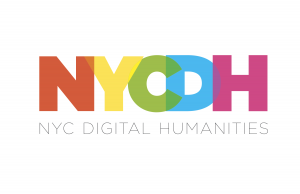Simple CV
Studio Lehman, Lehman Social Sciences Library 420 W 118th St, Room 215 International Affairs Building , New York, NYCreate a PDF and HTML CV for yourself out of plain text files and set up a free personal CV website. Equipment Requirements: Attendees should bring their own laptop and pre-install Visual Studio Code.

